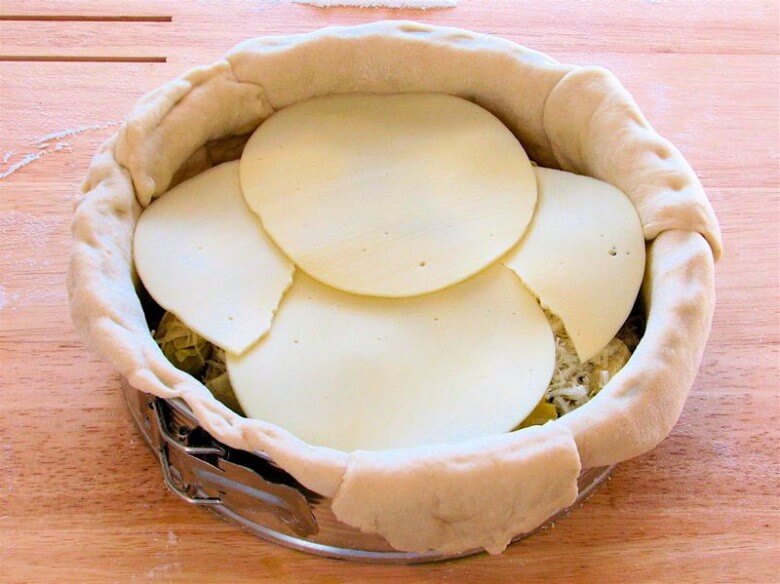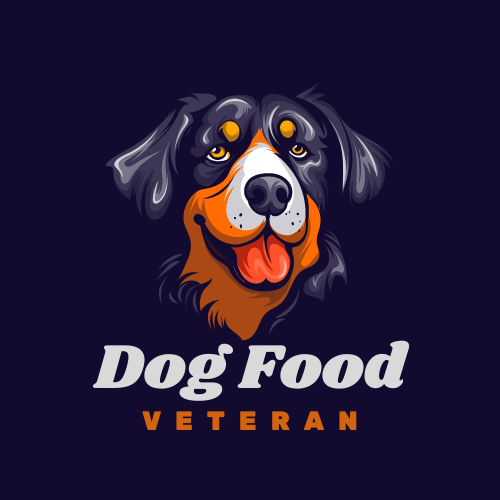
When those puppy-dog eyes stare you down as you slice into your favorite provolone cheese, it’s tough not to share a little taste. The good news? A small nibble now and then likely won’t hurt. But should cheese really be a regular part of your dog’s diet? Not so fast. Cheese, especially in large amounts can lead to obesity or digestive issues for your pet.
What are the Pros and Cons of Provolone Cheese?
So as a pet owner, you may want to acquaint yourself with the benefits and also possible to guide the portions you offer your pup. So let’s break them down, here’s a look at the pros first:
Pros
Cheese are made from milk and this makes them quite rich in protein. Protein is essential for your pup, it supports muscle development and helps with calcium for strong bones and teeth. Plus, if your pup is not diary-sensitive, you can offer them a tiny bit of cheese as a reward for good behavior
Cons
However, there are some real downsides to giving your dog cheese regularly. Provolone is high in fat, and this can cause issues like weight gain or even more serious problems like pancreatitis if they overeat. Also, many dogs are lactose intolerant, which means even a small piece of cheese can cause them stomach upset or gas. That’s not all. Provolone cheese can be salty, and dogs do need too much salt.
How to give your dog provolone cheese?
I do understand the dilemma you are in, you want to keep your pup safe and yet it’s hard to resist those pitiful eyes, don’t worry I’ve got you. Here’s a quick guide on how to give your dog the yummy treat without compromising their health.
Keep it small and occasional
When it comes to cheese, a little goes a long way for dogs. So give it to your dog as a rare treat rather than a daily snack. Remember too much cheese can be hard on your dog’s stomach, so keeping the portions small and occasional helps you avoid issues like tummy troubles and weight gain.
Go for low-fat options
If you decide to treat your dog to cheese, then low-fat cheese is a better choice. They have less calories and fat, and this helps you reduce the risk of any health issues. However, provolone is lower in lactose than some other cheeses, but if you’re concerned, you can look into gentler options or treats that are made just for dogs
Watch for allergies or sensitivities
Since some dogs have dairy allergies, start with a tiny piece and keep an eye out for any unusual reactions. Signs of lactose intolerance in dogs include gas, diarrhea, or other stomach upset. If you notice these, inform your vet and steer clear of cheese in the future.
Wrapping Up
Sharing a small amount of cheese with your dog can be safe and enjoyable, as long as you practice moderation. Remember that low-fat cheese is a better option, and keep an eye out for any signs of lactose sensitivity. And if you have questions, reach out to your vet for a quick chat, they can give you advice based on your dog’s specific needs. After all, your dog’s health and happiness come first!

